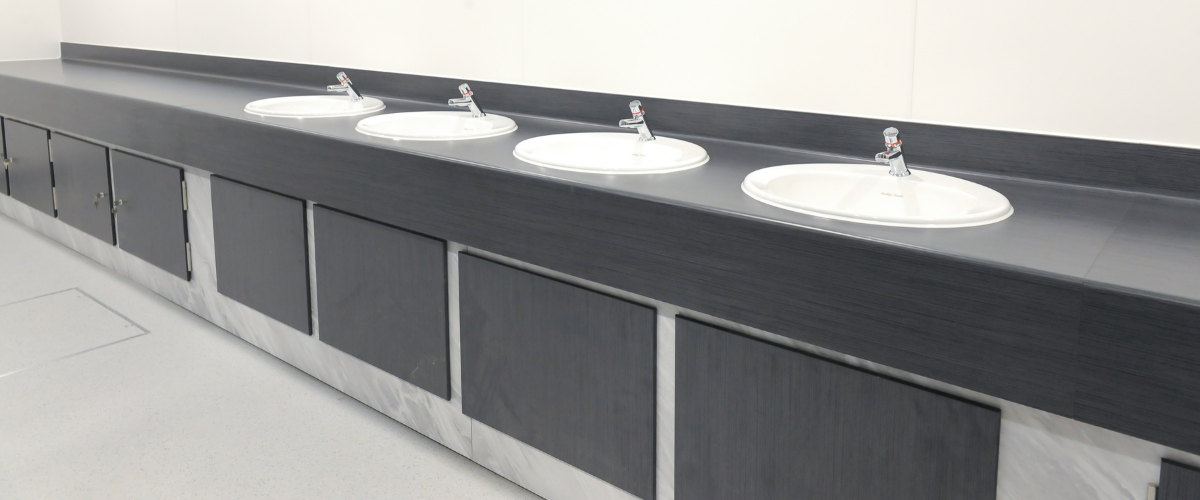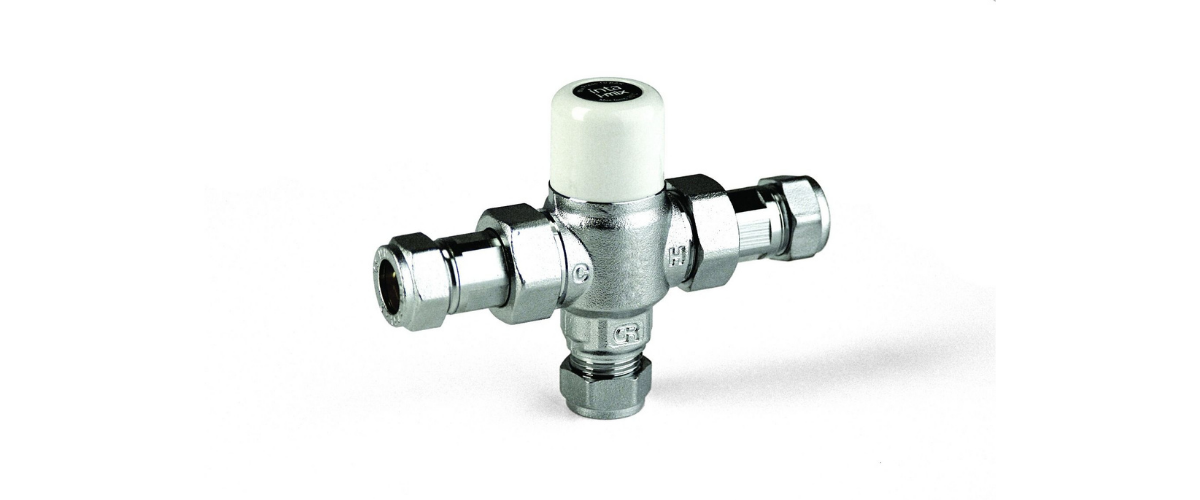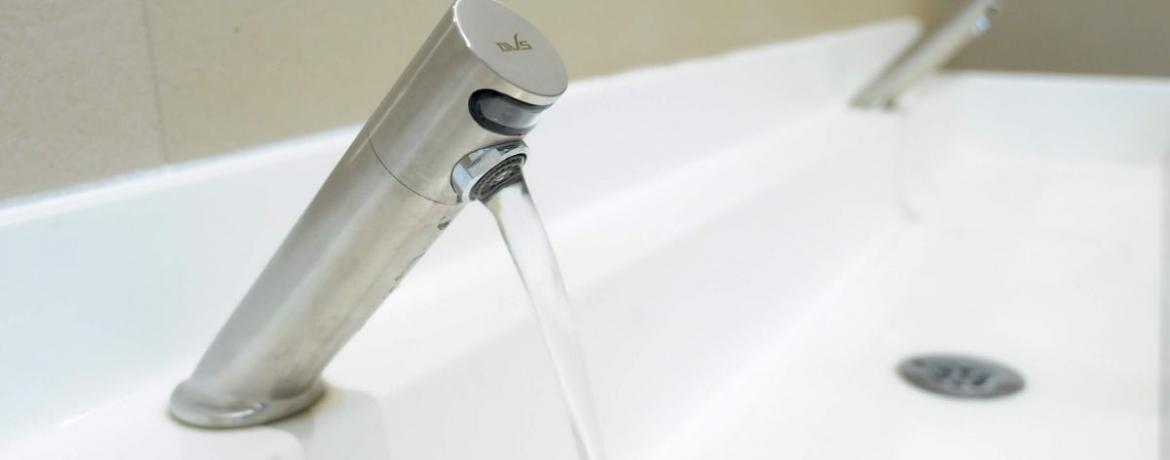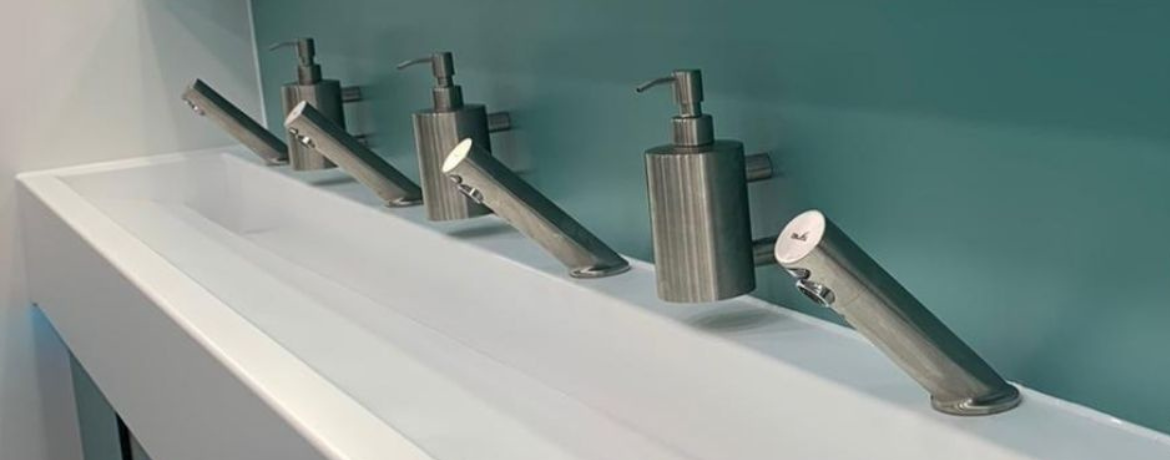How Much Does It Cost to Run a Hand Dryer?
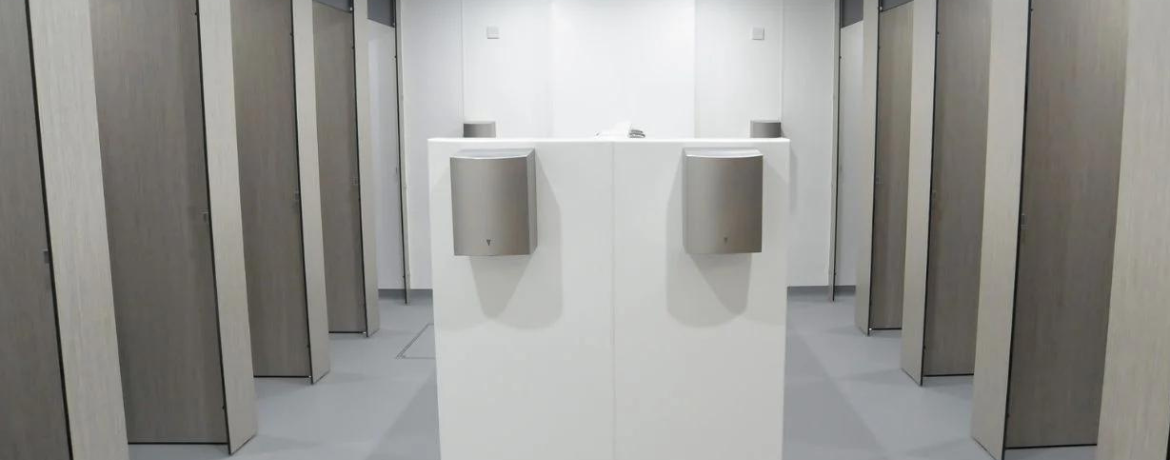
The cost of running a hand dryer is based on several factors. Although electricity consumption is one of them, it’s not the only factor that needs be considered. Installation, maintenance, and repair fees all contribute to the cost of running a hand dryer.
Purchase and Installation Costs
The initial purchase cost is the first thing to consider when budgeting for hand dryers. The cost of hand dryers can vary dramatically, priced anywhere between £50 to £1,000 depending on the model.
You may need more than one hand dryer depending on the size of the bathroom or changing room. There should be one hand dryer for every three basins.
When it comes to installation, the cost will depend on a couple of factors:
Existing wiring – If there is already wiring in your washroom, hand dryers will be reasonably straightforward to install. If you need to get the bathroom rewired to install the hand dryers in the right place, installation fees will creep up.
Bathroom modifications – Hand dryers should be placed near sinks. It is recommended that they are positioned at a height of 1120mm in women’s bathrooms and 1170mm in men's bathrooms. In disabled bathrooms, they should be positioned at 940mm. If there is some sort of obstruction that makes this positioning impossible, it may be necessary to modify the bathroom.
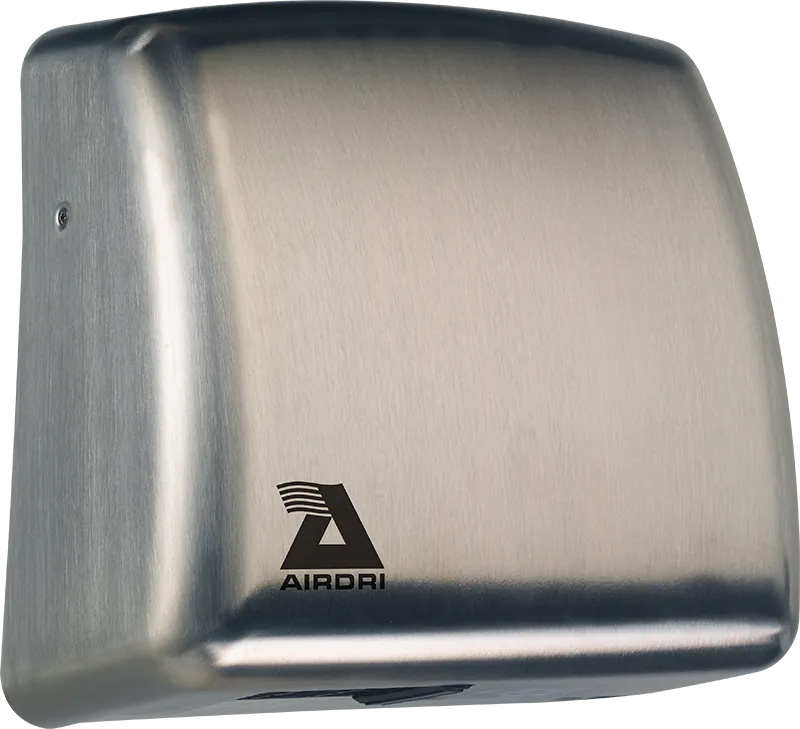

Electricity Consumption
Once the hand dryer is up and running, a lot of the running costs will depend on the hand dryer’s electricity consumption. This is based on three primary factors: power rating, duration of use, and frequency of use.
Hand Dryer Power Rating
Hand dryers will have a nominal output power rating in kilowatts. Using this power rating, it’s possible to calculate how much the hand dryer will cost to run. A power rating of approximately 1 – 2kW is standard for a regular hand dryer.
Lower power ratings will generally cost less to run, though it also depends how long the dryer runs for.
Some hand dryers are more energy efficient than others, using less power to dry hands in the same amount of time.
Duration of Use
Most hand dryers have an auto-off feature which kicks in after 10 to 20 seconds. This helps to limit the dryer’s running costs. Drivers usually dry hands in 15 to 30 seconds, with blade dryers normally being the most effective.
If hands are not fully dry, people may run the hand dryer again, doubling running costs.
Frequency of Use
The hand dryer will use electricity each time that it is activated. If it is placed in a busy washroom, the running costs will be higher.
Calculating Electricity Consumption Costs
It’s possible to calculate roughly how much a hand dryer will cost to run per day.
For this calculation, you will need to know how much your energy provider charges per kilowatt hour, the power rating of the hand dryer, how long it stays on for, and how many times (roughly) it will be used in a day.
Start by working out how long the hand dryer is activated for each day. For example, if the hand dryer stays on for 20 seconds each time, and is activated 360 times per day, this means it is in use for 2 hours per day.
Once you know how long it is in use for, you can calculate running costs.
Multiply the kW power rating of the appliance by the number of hours it is in use for. For example, if the hand dryer is 1kW and is used for two hours (as above), it will use 2kWh of power per day.
Find out how much your energy provider charges per kilowatt hour and multiply this by how much power the hand dryer will use per day. For example, if your energy provider charges 36p per kilowatt hour, it will cost 72p to run a 1kW hand dryer for two hours per day.
Equation to Calculate Running Costs:
kW x number of hours in use = kWh
kWh x cost per kWh = cost to run appliance
Maintenance and Repair
Over the years, all machines will require a bit of maintenance and repair to keep them running at their best. The cost of running a hand dryer therefore needs to factor in regular servicing and repairs.
Cleaning
The best way to keep hand dryers working smoothly is to clean them regularly, to stop dust or debris clogging up the mechanism. This will generally require a professional service and will cost around £50 to 100. You should clean the dryer roughly every eight months.
Repairing Broken Parts
If the hand dryer stops working, you will need to call a maintenance service to get the problem fixed. Depending on the issue, the cost of repair will vary. It may be a simple case of cleaning the machine or soldering a couple of wires, or entire parts may need replacing.
Replacing Broken Parts
It’s generally more cost effective to replace broken parts than buy a new hand dryer, but the possibility of having to pay a couple of hundred pounds to replace broken parts should be considered when thinking about fitting hand dryers in your washroom.
When a hand dryer stops working, it will also have an experiential impact on customers or bathroom users, so getting it fixed quickly is of the essence. Regular hand dryer servicing is the best way to ensure that more serious problems don’t develop.
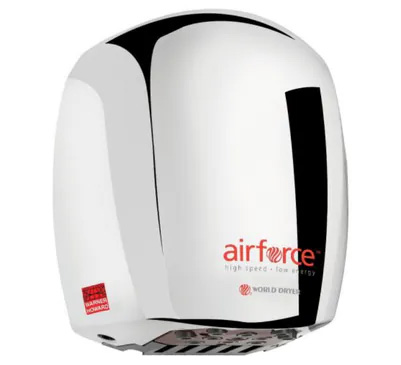

Choose the Right Dryer
One of the most important factors to keeping running costs down is choosing the right hand dryer. At Commercial Washrooms, we stock a range of energy efficient dryers that we have chosen for their combination of efficiency, convenience and price.
Our range includes low energy hand dryers like the Biodrier Bio-Lite and the Dyson Airblade which shown to have a lower carbon footprint than many of their competitors. We can also take care of installation, providing a competitive quote and ensuring that everything is fitted to the highest standard.
Get in touch for a quote or give us a call on 01202 650900 to discuss your requirements – we look forward to hearing from you!


